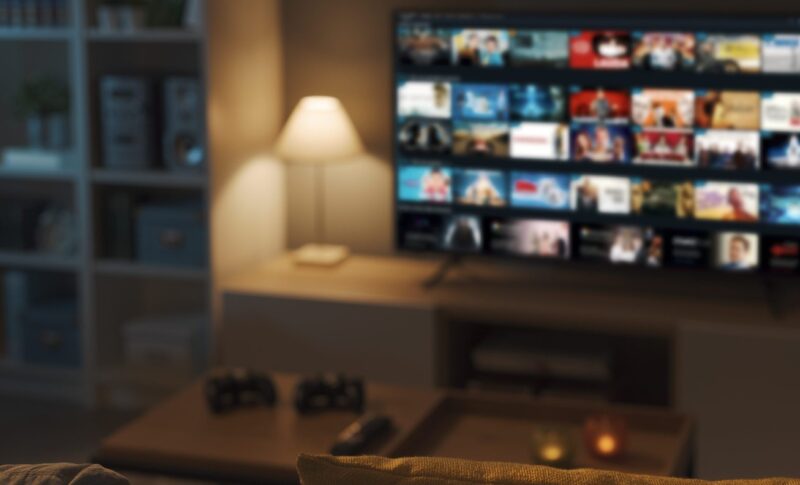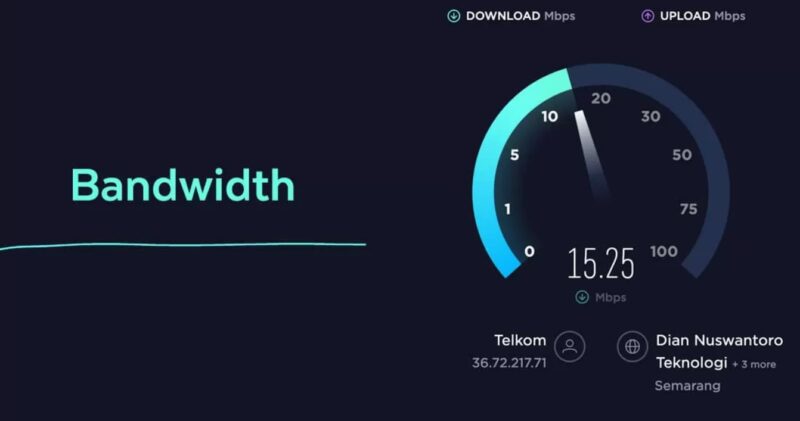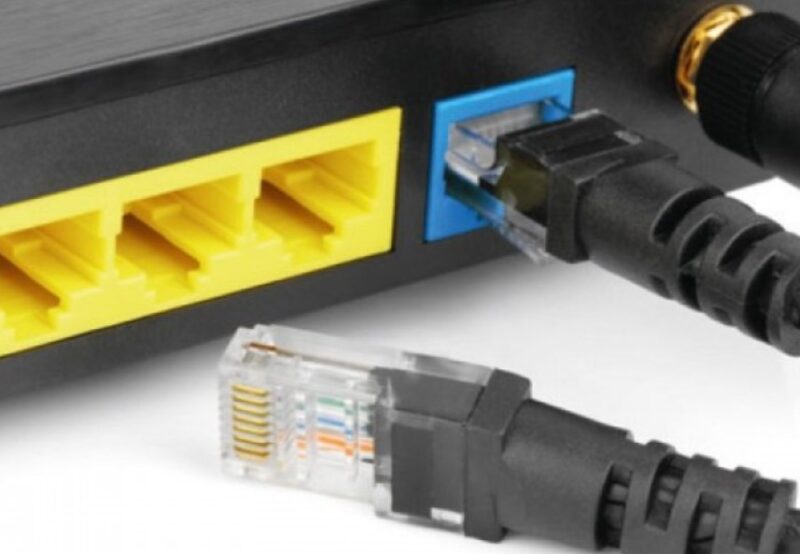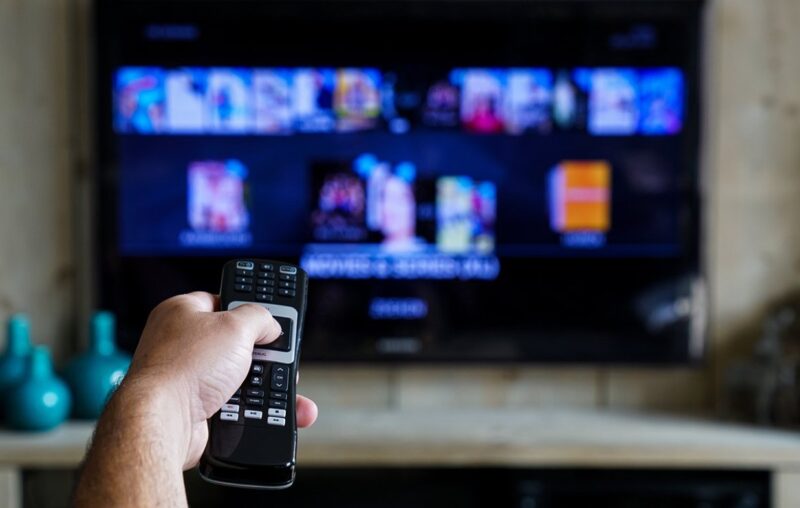Choosing the right internet speed for IPTV is crucial. I learned that the hard way. At first, I thought my connection was fine, but buffering and lag during my favorite shows started to get frustrating. After a bit of research, I realized the internet speed I had wasn’t enough to deliver the experience I wanted. This led me to dive into the factors that affect IPTV performance and the speeds needed to get things running smoothly.
Key Points:
- Importance of stable connection for uninterrupted streaming.
- Required speeds for different quality levels.
- Tips for optimizing your internet connection.
Internet Speed and IPTV Streaming

When it comes to IPTV, many factors come into play, but internet speed takes center stage. Without a stable connection, you’re bound to run into issues. I’ve personally experienced interruptions and poor picture quality, all because my speed wasn’t sufficient.
It’s important to know what speeds are necessary based on the quality of content you want to stream. For standard definition (SD), a minimum of 3 Mbps is usually recommended. High definition (HD) content needs around 5 to 8 Mbps. But, for 4K streaming, things get more serious. You’ll need at least 25 Mbps for a smooth experience. Anything lower, and you’ll find yourself waiting for the picture to catch up to the sound.
I decided to upgrade my speed when I learned about IPTV Sverige. They provide a service with excellent picture quality, even up to 4K. They offer a vast selection of channels and movies, which makes them a great choice if you want a diverse entertainment package. However, for such high quality, your internet connection needs to be up to the task.
Bandwidth: The Unsung Hero

Many people don’t realize that having multiple devices connected at the same time can take a toll on your IPTV experience. Each device using the internet is essentially taking a portion of your bandwidth. If your family is watching YouTube videos, playing games, or browsing social media, it all affects your streaming quality.
I’ve found that having a higher-speed connection gives you some breathing room. For example, if I’m streaming a movie in 4K while someone else is on a video call, I don’t experience any slowdowns. But if my connection were weaker, there would be noticeable delays.
Router Matters Too
The type of router you use can also make or break your IPTV experience. I upgraded my router a while back and saw an immediate improvement. Older routers can’t handle high-speed connections efficiently, which can cause streaming issues.
For anyone looking to optimize their IPTV setup, I highly recommend checking your router’s capabilities. Newer models support higher speeds and have better range, making sure your signal remains strong even if you’re far from the router.
Wired vs. Wireless

If possible, I always suggest using a wired connection for IPTV streaming. Wi-Fi is convenient, but it can sometimes be unstable, especially in larger homes. I use a wired connection, and the stability it provides has been a game changer. There’s no interference from walls or other devices, which keeps my streaming consistent and smooth.
That being said, if you must rely on Wi-Fi, make sure your router is powerful enough to handle the load, and place it in a central location for maximum coverage.
Testing and Adjusting
Before settling on my internet speed, I tested different plans. I started with a basic plan, but it wasn’t long before I upgraded. Running speed tests regularly helps you understand whether your connection is capable of handling your streaming needs. I always check the speeds during peak hours because that’s when the internet tends to slow down the most.
Once I settled on the right speed, my IPTV experience improved drastically. I no longer deal with buffering, and the picture quality is consistently sharp.
Conclusion
Choosing the right internet speed for IPTV doesn’t need to be complicated. Consider the type of content you want to stream, the number of devices connected to your network, and the quality of your router. I’ve found that speeds of 25 Mbps or higher are necessary for 4K streaming, especially when multiple devices are in use.
Testing your speed and adjusting your plan as needed can save you a lot of frustration in the long run. When everything is set up correctly, your IPTV experience will be smooth and enjoyable.



